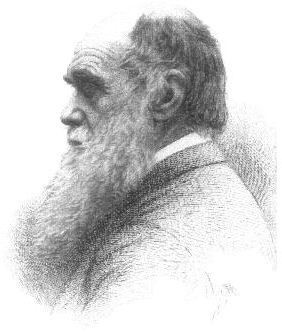|
Core Distinction 313 Darwin and the Victorian Age of Discovery |
Examining the diverse and intense reactions to Darwin's ideas will show how his theory has been extended far beyond biology to a broad range of intellectual disciplines. These include sociopolitical movements (democracy, feminism, Marxism, etc.); religious debates that continue to garner political attention today through creationist organizations; analysis of issues related to race, gender, ethics, and evolutionary psychology; and connections between science, literature, and other forms of artistic expression. Seminar discussions will be based on multidisciplinary assignments, student presentations, and readings suggested by invited speakers. These will be enhanced by in-class exercises; trips to a local quarry and to the Museum of the Earth in Ithaca; and while talking with Randal Keynes, Darwin's great-great-grandson and author of Annie's Box, in a videoconference. |
 |
Back to 313Y Main Page |
|
http://classes.colgate.edu/csoja/darwin |